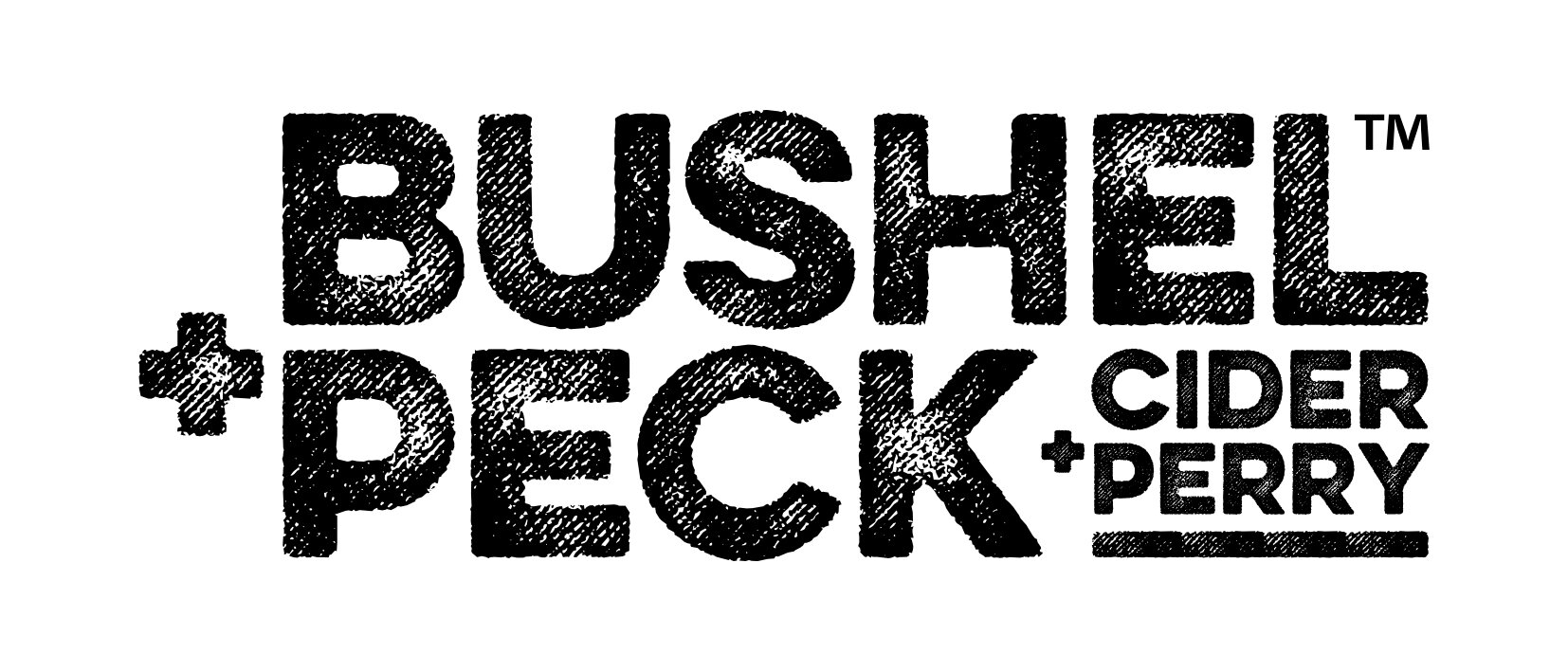Big Ship Narrow Canal Little Digger
We really only think about the globalised world we live in when things go wrong, such as when a volcano with an interesting name (Eyjafjallajökull) blows up in Iceland and clears the skies over the Atlantic for 8 days. Or when a 200,000 tonne container ship bumps into the curb, just south of the Bitter Lakes, on a perfectly straight stretch of the Suez canal, apparently blown off course by a gust of wind, as though it was a mere dhow (or was someone asleep at the wheel?)
On average, the value of goods shipped through the canal is $10 billion a day and the media divide this number by 24 to write headlines stating the blockage is “costing” $400 million an hour. Clearly, a serious problem that requires a serious solution … entry cue for what is now the world’s most famous digger, with its own Twitter account.
We’re all in need of a harmless crisis and “Big Ship Stuck in Narrow Canal” and “Little Digger to the Rescue” is something we can all grasp, whereas “Collateralised Debt Obligation” just caused headaches and confusion. Aside from a few numpties who emptied the shelves of loo paper (again), this was a crisis with no immediate impact, and there was nothing we could do to help, so we were free to enjoy the Big Ship Narrow Canal Little Digger story. Except … (and sorry for darkening the mood) … it might be worth reflecting about how we’re all part of a system where just one Big Ship Narrow Canal Little Digger episode can cause such mayhem.
look behind the curtain
Trade is good; years ago we lived and worked in sub-Saharan Africa for a while and saw for ourselves how trade can create wealth and alleviate poverty. But we still like local. Adam Smith and David Ricardo wrote of absolute and comparative advantage, and given an apple tree's propensity to grow in Britain’s landscape and climate, it makes no sense to buy apples from afar, despite what Aldi, Lidl, Tesco and Sainsbury's may think. There are costs other than purely financial costs to consider, the most obvious of which is carbon.
Although ships are the least carbon-intensive method of transporting cargo, the global shipping industry is still responsible for 3% of total carbon emissions (the airline industry is responsible for 2%). There’s a fairly direct relationship between distance and carbon emissions - more miles, more carbon - but the cost to the environment, to the planet, of shipping stuff over oceans isn't included in the prices we pay in the shops. It never is.
There are other hidden costs of the shipping industry. The Institute for Human Rights and Business has brought attention to the plight of seafarers during the pandemic. Refused permission to disembark at ports due to Covid restrictions, thousands of mariners are trapped on vessels all over the world for months on end, unable to return home, out-of-contract and at the mercy of ship-owners' munificence - perhaps alright if the ship is operated by Maersk or Evergreen, but many, possibly most, ship operators aren't quite as scrupulous. This crisis now silently enters its second year. The human cost of shipping stuff over oceans isn’t included in the prices we pay in the shops. It never is.
And what happens to the ships themselves, when they come to the end of their useful lives? Driven onto a beach in Chittagong, Bangladesh, to be broken up by boys and men wearing flip-flops and t-shirts, earning what is euphemistically called “a living wage”, for doing what the I.L.O. calls the most dangerous job in the world. 23 people died in Chittagong's breakyards last year. This is all part of the global supply chain, the well-hidden and ignored part of the equation that enables insanely perfect apples from Chile and New Zealand to be on the supermarket shelves in Europe for the price they are.
None of these costs are included in the prices we pay in the shops. They never are.
Recently, we were both surprised and pleased to discover that we could buy British-made sheet filters. Surprised, because we didn't think anything was manufactured in Britain anymore. And pleased, not because of some out-dated, flag-waving jingoism, but because it shows it’s still possible to make things in a safe environment, where people are respected, where decent incomes are earned and where taxes are paid. Well, we knew that anyway, because our sheet filters initially came from Germany, but Barnoldswick is 179 miles away and Hamburg is 679 miles away, so that’s a 74% reduction in carbon emissions. Not everything has to be “Made in China”.
What’s this got to do with cider? Well, a lot of cider is made with apple juice concentrate, and the biggest producer of apple juice concentrate in the world is China. That’s a lot of containers on a lot of ships travelling a lot of miles. The cider may be cheap, but it comes at a huge cost. Of course, not everything is made or grown locally - bananas don’t grow well in Gloucestershire - and ocean-going trade is - and always has been - a valuable endeavour. Trade is good. But sometimes we should all take a look behind the curtain and think about what we buy and where it comes from.













